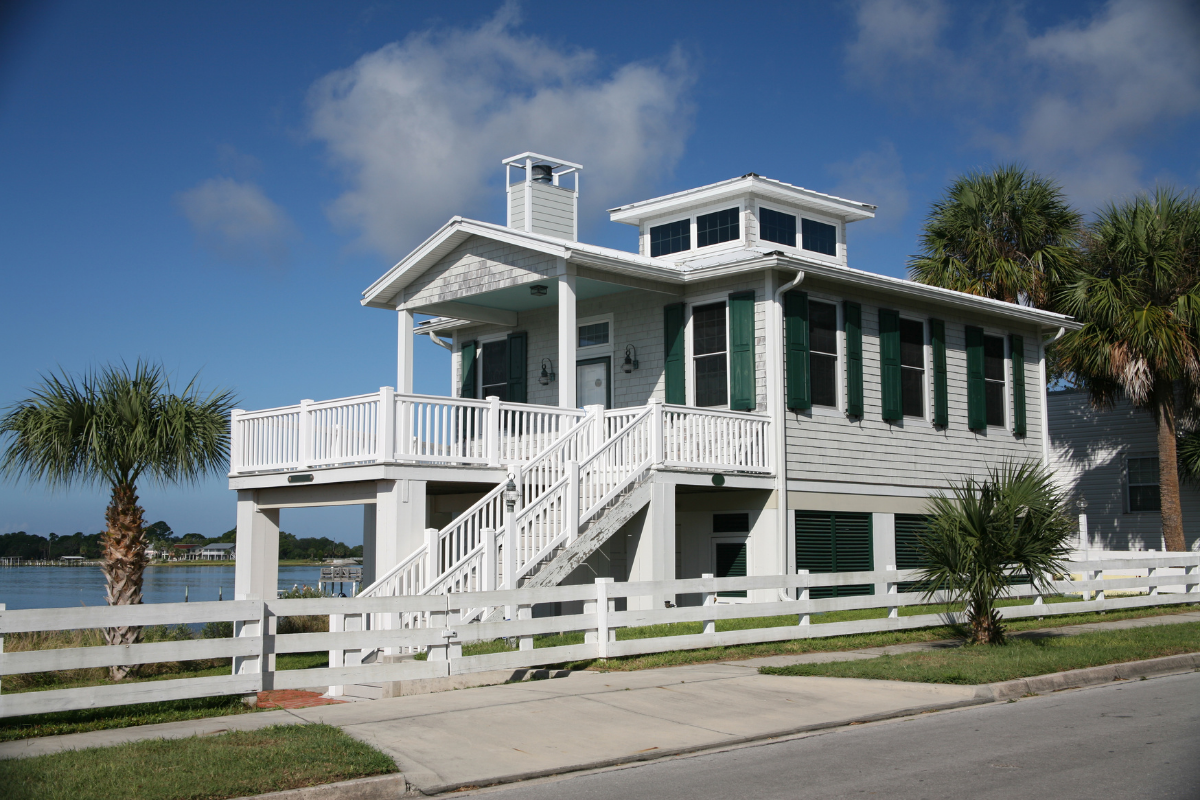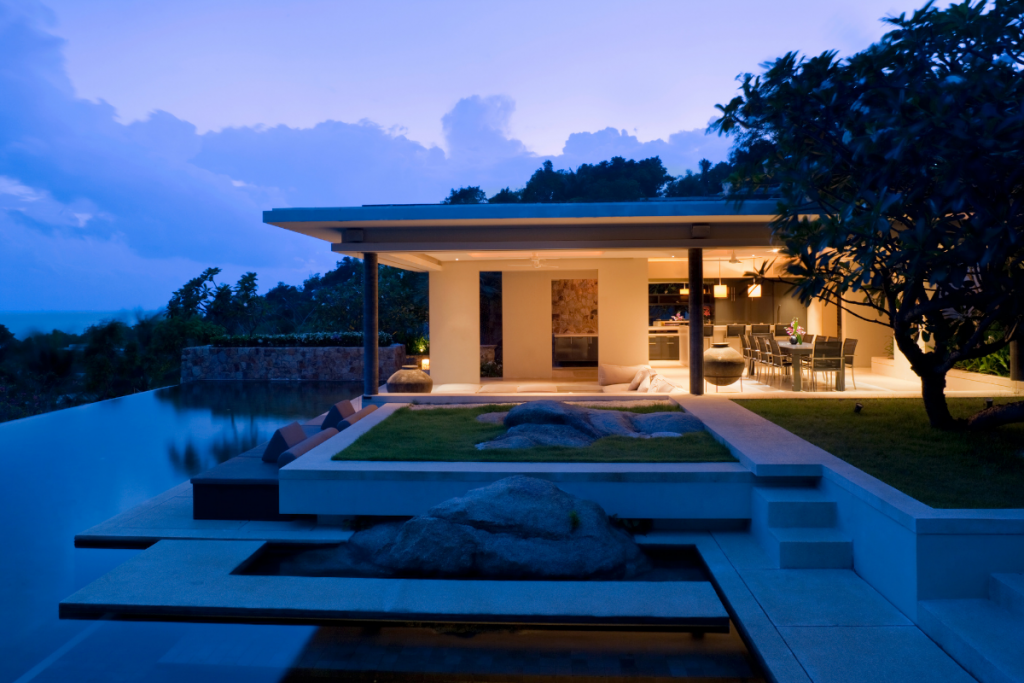
Hidden surveillance cameras in vacation rental properties have been popularized recently. Nobody wants to be spied on when they visit a luxury rental home. Stronghold also has a strict policy and some Airbnb hosts were removed for violating company policy. Although we can understand owners’ desire to protect their properties and the need for privacy, it is important that guests have the right to privacy. Is there a way to ease the worries of homeowners and guests? Locksmith Paddington have worked with thousands of homeowners in different markets throughout the Australia and believe that there is a way out.
Many ways can vacation rental owners use security technology to protect their property and ensure the safety of their guests, without revealing their identity. It is important to understand what types of monitoring devices are allowed for vacation properties in order to help homeowners choose the right devices.
These are the monitoring devices that you can use in order to ensure your home is safe and secure, your neighbors are happy, and your guests have a great experience.
 Cameras and Surveillance Systems
Cameras and Surveillance Systems
Let’s begin with the most controversial: video monitoring. As we mentioned, it is important to follow the law and protect the privacy of renters. What is the law? The law says that there cannot be any surveillance where guests would reasonably expect privacy. Airbnb’s policy can be found here.
These are just some examples of places where guests would expect this. Airbnb lists “bedrooms and baths.” They doesn’t allow for interior video surveillance. However, owners can set up surveillance cameras outside to detect suspicious activity or catch break-ins. A doorbell camera is the most common setup. They are compatible with Ring doorbell cameras. This makes them a cost-effective solution that’s also easy on the pocket.
Make sure to read the policies of VRBO or Airbnb before you list your property. Listing companies require homeowners to inform guests if they have cameras or any other surveillance systems throughout their property. This includes baby monitors, webcams in computer monitors, and other audio and video recording devices. Failure to comply with the listing company’s requirements could result in the guest receiving a refund or a cancellation fee for their reservation. The owner may also have their listing removed completely.
Noise Monitors
Residents and communities are often concerned about noise levels as vacation rentals grow in popularity. Our goal as an industry is to offer a great guest experience and be a good neighbor. Noise is not our friend. Some property managers and owners are now turning to noise monitoring devices to address these concerns. For added guest safety and to ensure guests don’t disrupt neighbors or throw large parties, noise monitoring devices are installed in rental properties. We make sure that every home we manage has an audio decibel monitor to protect it and ensure guest safety.
Noise monitors do not record audio or conversations. They detect noise activity at high levels and register the decibel level within or outside the house. The noise monitors are able to detect unwanted visitors such as thieves and other intruders, which can help protect guest privacy.
Lighting Control
Darkened houses can invite burglars and present safety hazards for guests not familiar with the layout. Automation and remote control of your lighting can save you money and deter unwanted intruders. It can also make your guests feel welcome and safe. According to a security expert, you can find out when your house is being broken into. Install an alarm. You can prevent break-ins by installing landscape lighting. Landscape lighting is one way to prevent problems.
There are many options to automate your lighting systems. TCP wireless and Google Smart lighting offer LED light bulbs that you can install and connect to your WiFi router. This allows you to control your lights via an app on your smartphone. You can wire outdoor flood lights and wireless wall switches to remote access. Installation of both options will require the assistance of an electrician.
Smoke and carbon monoxide detectors
It is essential to have a plan, and the tools to detect carbon monoxide or fire. To protect your home and guests from possible disasters such as fires or gas leaks, smoke and carbon monoxide detectors should be considered. You may not be aware that most listing sites require hosts agree to comply with local regulations. They may even list homes with smoke and carbon monoxide detectors.
Private Security Patrols
While many neighborhoods have private security guards, it is possible to hire a patrol to drive by on a regular basis for those who don’t. Patrols can inspect for noise, parking problems, parties, and damage, and can intervene when needed. They has security vendors available in all markets we operate in. Some are on nightly patrols of homes while others are on call. On weekends and peak times, we may drive to homes as many as four times per night in some markets. Although patrols can be costly depending on where you live and how many homes are nearby, they are often worth the cost in some markets.
Security Systems
It is extremely rare for vacation homes to be broken into. This makes sense as very few valuables are kept in second homes. They are not an easy target for thieves. Security systems can be a viable option for owners who are concerned about break-ins.
It is important to consider the privacy of your guests when installing a security system in your vacation rental. If your alarm system activates at 10 p.m., guests shouldn’t feel locked in the rental home. You also don’t want to give out the code to your security systems to every guest that rents your property. Security systems should be turned off during guests’ stay and then reactivated at check-out.
The cost of home security systems can vary depending on the equipment, installation fees, activation fees, and upfront costs. Many require a monthly payment. Home security systems have advanced significantly over the past 20 years, and today there are many high-quality wireless options. These are the features you should consider adding to your home security system, regardless of whether it is wired or wireless.
- Motion sensors: These sensors detect intruders and can be used as backup in the event of malfunctioning other features.
- Mobile remote controls: You can arm or disarm your security system from anywhere you are. You can ensure that your property is safe with housekeepers, repairs people, and guests.
- Sirens: A siren can be used to warn an intruder that they are coming and will scare them away.
You can see that there are many safety and security devices available for your vacation property. This will protect you and your guests. You need to evaluate the needs of your property and determine what solutions are necessary. Also, consider how much you can afford. You should also consider the potential savings from insurance discounts and electricity bills. These items will enhance the guest experience by making them feel secure and safe knowing that you have taken extra measures to protect their wellbeing.
